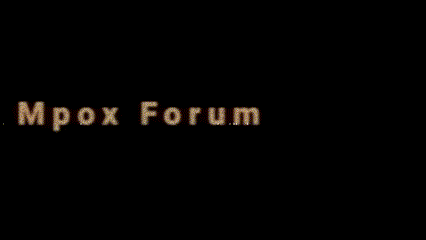DJ-One can compare two very different things; langauges and diseases...both may be around for centuries and change/evolve...maybe even stop existing...
This is an incomplete list of Dutch expressions used in English; some are relatively common (e.g. cookie), some are comparatively rare. In a survey by Joseph M. Williams in Origins of the English Language it is estimated that about 1% of English words are of Dutch origin.[1] DJ, besides that both (Old)Dutch and (Old)English both are West-Germanic languages-part of the Indo-German language group...
- Many Latinate words in the English lexicon were borrowed from Latin. Quite a few of these words can further trace their origins back to a Germanic source - usually Old Low Franconian. Old Dutch is the western variant of this language. In cases it is not clear whether the loanword is from Old Dutch (Old West Low Franconian) or another Germanic language, they have been excluded from the list. See also: List of English Latinates of Germanic origin
- Since speakers of West Germanic languages spoken along the North Sea coast from the 5th to the 9th century lived close enough together to form a linguistic crossroads - water was the main way of transportation - Dutch and English share some traits that other West Germanic languages do not possess. Lexical examples are Dutch vijf / English five (compare German: Fünf) and Dutch leef / English live (compare German Leben). These words have been excluded from the list. See also: Ingvaeonic nasal spirant law
- Since the Norman conquest of 1066 many Latinate words entered the English lexicon via French, which has – via Old French – a substantial base of Old Dutch (or Old Low Franconian) and Middle Dutch. For instance, French boulevard comes from Dutch bolwerk. In cases it is not clear whether the loanword in French is from Dutch or another Germanic language, they have been excluded from the list. See also: Influence of Franconian language on French
For some loanwords stemming from this period it is not always clear whether they are of Old Dutch, Old Norse, another Germanic language or an unknown Old English origin. These words have been excluded from the list, or indicated as such.
- About one-third of the invading Norman army of 1066 came from Dutch speaking Flemish. Many Flemings stayed in England after the Conquest and influenced the English language.
- The main part of refugees to England, Wales and Scotland from the 11th till the 17th century were from the Low Countries; particularly Flemish skilled weavers and textile workers immigrated as a result of floods, overpopulation and warfare in Flanders. In 1527, when England's population numbered 5 million, London alone had tens of thousands of Flemings,[3][4] while an estimated third of the Scottish population has a Flemish background.[5]
The Hanseatic League had in the late Middle Ages a trade network along the coast of Northern Europe and England, using to Dutch related Middle Low German as lingua franca. Some loanwords from this period could come from either language. These words have been excluded from the list, or indicated as such.
- In the Dutch Golden Age, spanning most of the 17th century, Dutch trade, science, military, and art were among the most acclaimed in the world, and many English words of Dutch origin concerning these areas are stemming from this period.
- English and Dutch rivalry at sea resulted in many Dutch naval terms in English. See also: Dutch linguistic influence on naval terms
- Via settlements in North America and elsewhere in the world Dutch language influenced English spoken there, particularly American English. That resulted also in numerous place names based on Dutch words and places. These are excluded from the list unless they are well known, like Brooklyn (from the Dutch town Breukelen) and Wall Street (from Dutch Walstraat). See also: List of place names of Dutch origin
- Due to contact between Afrikaans and English speakers in South Africa, many Dutch words entered English via Afrikaans, which has an estimated 90 to 95% vocabulary of Dutch origin. Only the words that entered standard English are listed here. Afrikaans words that do not stem from Cape Dutch but from an African, Indian or other European language, are not listed here. See also: List of English words of Afrikaans origin and List of South African slang words
DJ, So there are long term links between English and Dutch over a long time/area...(a.o. via French...).
